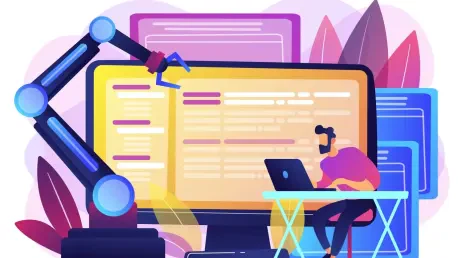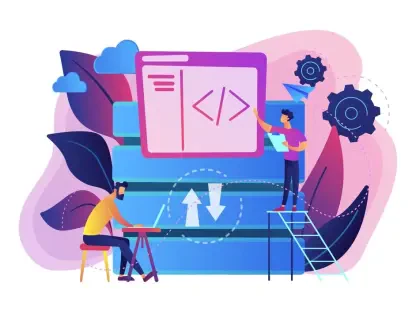The landscape of software testing is rapidly evolving, and a notable trend has emerged: more professionals with non-technical backgrounds are entering the field. These individuals bring a unique set of skills and perspectives that are often undervalued in the tech-dominated world. This shift raises an important question: Can non-tech backgrounds truly thrive in software testing? This guide will explore the significance of non-technical experience in QA and outline the best practices for those looking to transition into this field.
Importance of Non-Tech Backgrounds in Software Testing
Diversity in professional experiences can greatly enrich the software testing process. Individuals from non-tech backgrounds often contribute innovation and a fresh perspective that comes from outside the traditional tech lens. Such varied insights can lead to enhanced problem-solving techniques and novel approaches to software quality assurance challenges. Whether the background stems from teaching, customer service, or another field, the ability to see issues differently and propose unconventional solutions is invaluable.
These diverse experiences often foster a culture of creativity within teams. A person with experience in customer service, for instance, might identify user experience issues that purely technical testers may overlook. Similarly, educators bring an adeptness in simplifying complex ideas, benefiting the entire project. These heterogeneous groups can improve test scenarios and end-user satisfaction, leading to more robust and user-friendly applications.
Best Practices for Transitioning Into Software Testing
Transitioning into software testing without a technical background might seem daunting, but with the right strategies and commitment, success is attainable. Below are key practices to help bridge the gap and thrive in this field.
Leverage Soft Skills and Domain Knowledge
The soft skills cultivated in non-technical professions, such as effective communication, empathy, and collaboration, can significantly enhance a software testing role. These skills play a crucial role in translating technical requirements into actionable testing plans and ensuring a strong connection between development and user needs.
For example, one success story involves a team leader whose strength in communication and empathy significantly improved collaboration within her QA team. She was instrumental in mediating discussions between technical and non-technical team members, facilitating projects that met diverse requirements and ultimately resulted in successful software releases.
Commitment to Continuous Learning and Certification
Another key aspect of transitioning into software testing is dedication to continuous learning. Acquiring certifications such as the ISTQB can provide a solid foundation in testing methodologies. Online platforms offer a vast array of courses tailored for those willing to enhance their technical skills progressively and methodically.
An illustrative example is an individual who seamlessly transitioned into software testing upon obtaining certifications. This credential not only fortified their understanding of software testing principles but also boosted their confidence, enabling them to contribute meaningfully to projects and assume greater responsibilities within their organization.
Conclusion
Exploring the viability of non-tech backgrounds in software testing confirmed the benefits they bring, enhancing the field with diverse perspectives and problem-solving skills. Key strategies for success include leveraging transferable skills, pursuing continuous education, and committing to certifications. As more organizations recognize the potential of incorporating diverse experiences, individuals from fields like customer service and teaching are well-positioned to explore opportunities within software testing.
Individuals who embraced these strategies found new pathways in software testing, highlighting the importance of adaptability and lifelong learning in today’s tech-driven world. They didn’t merely adapt; they thrived. Opportunities now exist for anyone willing to learn and contribute unique perspectives to software quality assurance.









